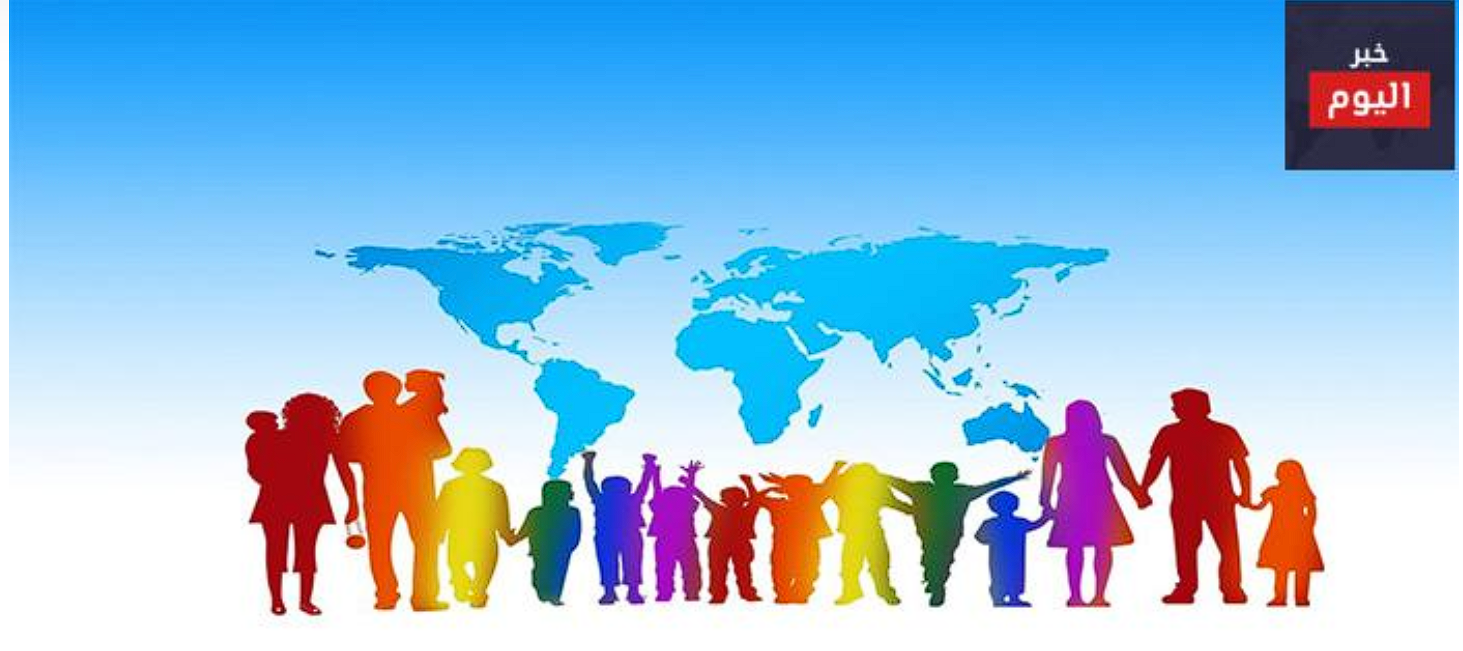Lunar New Year celebrations in Asia: a sea of colors and sounds

Lunar New Year is one of the most important cultural events in Asia, as many countries and peoples celebrate it in a variety of distinctive ways. Despite the differences in details, there are many common elements that bring together these celebrations, reflecting common cultural values and a long heritage.
translated from : احدث اخبار السعودية والوطن العربي
### Common elements of Lunar New Year celebrations:
* * * Cleaning and renovation: * * before the new year, people clean their homes and get rid of old things, as a symbol of getting rid of negative energy and welcoming the new year with a new face.
* * * Red decorations: * * red is considered a symbol of good luck and prosperity in many Asian cultures, so streets and houses are decorated with red and red lanterns.
* * * Special foods: * * each culture has its own Lunar New Year dishes, which it believes bring good luck and blessing.
* * * Traditional performances: * * the celebrations witness traditional performances such as Lion and dragon dances, firework displays, and traditional music.
* * * Gift exchange: * * people exchange red gifts containing money or sweets, as a symbol of good wishes for the new year.
** * Visits of friends and family: * * visiting friends and family is an essential part of the celebrations, as they gather for dinner, exchange conversations and congratulations.
### Examples of Lunar New Year celebrations in some Asian countries:
* * * China: * * China is considered the birthplace of the Lunar New Year celebration, celebrations there include rich food tables, dazzling fireworks displays, lion and dragon dances, visiting temples.
** * Korea: * * in Korea, the Lunar New Year is celebrated by eating sticky rice, drinking rice wine, wearing traditional clothes, and exchanging greetings.
* * * Vietnam: * * Vietnamese celebrate the Lunar New Year by putting decorations on trees, eating traditional foods such as ban Tet (rice pancakes), and setting off fireworks.
*** Japan:* * in Japan, the Lunar New Year is called "Oshogatsu", it is celebrated by visiting temples, eating mochi soup, writing wishes on small sheets and hanging them on the branches of a pine tree.
## Why do Asian people celebrate the Lunar New Year
The Lunar New Year is an occasion to express thanks to God for the past year, to prepare to receive a new year full of hope and optimism. It is also an opportunity to renew family and social ties, strengthen cultural identity.
** In short,* * Lunar New Year celebrations in Asia are the embodiment of the ancient culture and heritage of these peoples, an occasion to celebrate life and be optimistic about the future.
translated from : عادات وتقاليد
- Art
- Causes
- Crafts
- Dance
- Drinks
- Film
- Fitness
- Food
- Games
- Gardening
- Health
- Home
- Literature
- Music
- Networking
- Other
- Party
- Religion
- Shopping
- Sports
- Theater
- Wellness


